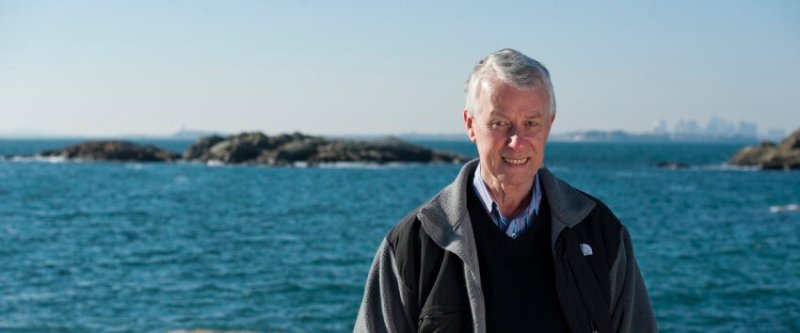When Monsanto first tried to introduce GMO seeds into Europe there was a backlash by the Green parties and their political allies, who feared that American agro-business was about to take over their food supply. Thus began a massive campaign not against the true target, Monsanto and the large agro-businesses, but rather against the surrogate target, GMOs. This has had disastrous consequences for one of the most promising technologies ever developed for improving food supplies.
…
I will use Golden Rice as a clear example of the costs of these shortsighted policies. Millions of children have died or suffered developmental impairment because of a lack of Vitamin A in their diet. Golden Rice could reverse this, but has become a target of the Green parties because it is a GMO. This is foolish and dangerous. How many more children must die before this is considered a crime against humanity?
[Editor’s note: In 2016 Sir Richard Roberts spearheaded a campaign of 133 Nobel Laureates to counter Greenpeace’s inaccurate claims about the nutritional benefits of golden rice, a genetically engineered crop designed to treat vitamin A deficiency in southeast Asia. Greenpeace maintains that there is no evidence to suggest that golden rice is a solution to fight malnutrition. In the video below, Roberts presents his case in favor of golden rice, and GMOs more broadly, to an audience of undergraduates, PhD students, and post-doc researchers from all over the world at the 68th Lindau Nobel Laureate Meetings in Germany.]
Read full, original article: SIR RICHARD J. ROBERTS (2018) Nobel Laureate Campaign Supporting GMOs































